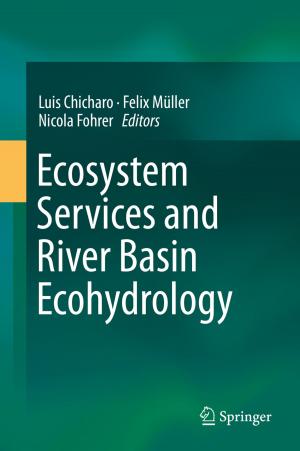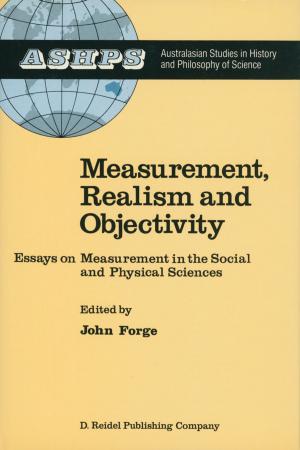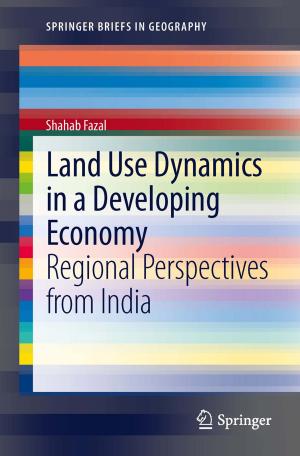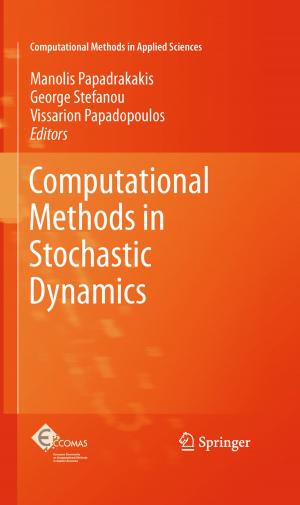Theory and Applications of Drilling Fluid Hydraulics
Nonfiction, Science & Nature, Science, Earth Sciences, Geology| Author: | EXLOG/Whittaker | ISBN: | 9789400953031 |
| Publisher: | Springer Netherlands | Publication: | December 6, 2012 |
| Imprint: | Springer | Language: | English |
| Author: | EXLOG/Whittaker |
| ISBN: | 9789400953031 |
| Publisher: | Springer Netherlands |
| Publication: | December 6, 2012 |
| Imprint: | Springer |
| Language: | English |
The objectives of this book are (1) to serve as a reasonably comprehensive text on the subject of drilling hydraulics and (2) to provide the field geologist with a quick reference to drilling hydraulics calculations. Chapter 1 introduces the basic principles of fluid properties, and Chapter 2 presents the general principles of fluid hydraulics. Chapters 3 through 10 analyze specific hydraulic considerations of the drilling process, such as viscometric measurements, pressure losses, swab and surge pressures, cuttings transport and hydraulic optimization. References are presented at the end of each section. The units and nomenclature are consistent throughout the manual. Equations are given generally in consistent S.1. units; some common expressions are also given in oilfield units. Nomenclature is explained after every equation when necessary, and a comprehensive list of the nomenclature used is given in Appendix A. Units are listed in Appendix B. In Appendix C, all the important equations are given in both S.1. and oilfield units. Appendix D contains example hydraulics calculations. A glossary is included. THEORY AND APPLICATION OF DRILLING FLUID HYDRAULICS 1 INTRODUCTION To dri 11 a we 11 safely and succes sfull y depends upon a thorough unders tandi ng of drilling hydraulics principles. Thus, drilling hydraulics is a very impor tant subject with which all logging geologists should be familiar.
The objectives of this book are (1) to serve as a reasonably comprehensive text on the subject of drilling hydraulics and (2) to provide the field geologist with a quick reference to drilling hydraulics calculations. Chapter 1 introduces the basic principles of fluid properties, and Chapter 2 presents the general principles of fluid hydraulics. Chapters 3 through 10 analyze specific hydraulic considerations of the drilling process, such as viscometric measurements, pressure losses, swab and surge pressures, cuttings transport and hydraulic optimization. References are presented at the end of each section. The units and nomenclature are consistent throughout the manual. Equations are given generally in consistent S.1. units; some common expressions are also given in oilfield units. Nomenclature is explained after every equation when necessary, and a comprehensive list of the nomenclature used is given in Appendix A. Units are listed in Appendix B. In Appendix C, all the important equations are given in both S.1. and oilfield units. Appendix D contains example hydraulics calculations. A glossary is included. THEORY AND APPLICATION OF DRILLING FLUID HYDRAULICS 1 INTRODUCTION To dri 11 a we 11 safely and succes sfull y depends upon a thorough unders tandi ng of drilling hydraulics principles. Thus, drilling hydraulics is a very impor tant subject with which all logging geologists should be familiar.















